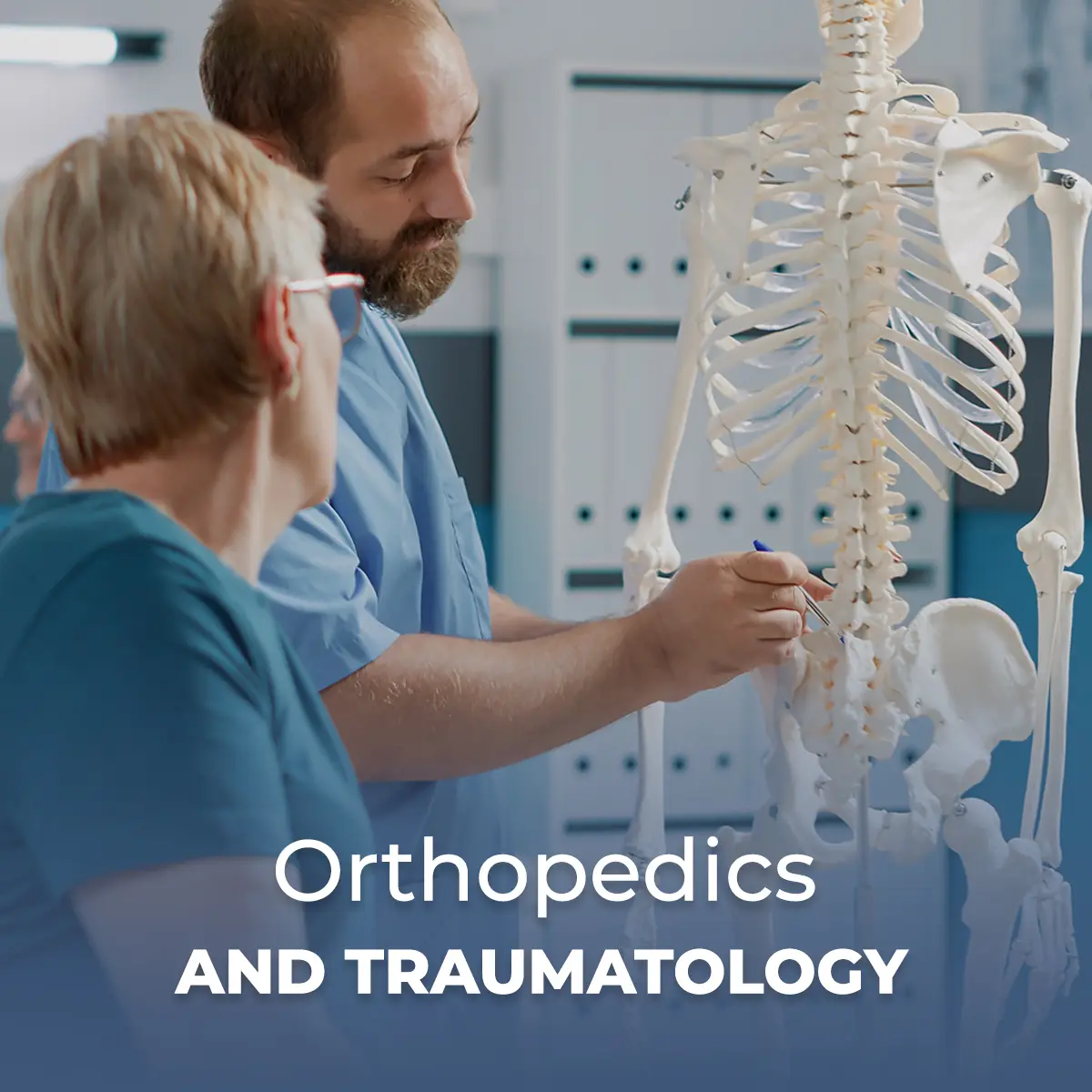Organ Transplantation
Organ transplantation is a surgical operation that replaces a damaged or diseased organ with a healthy organ from a donor. The purpose of the transplant is to restore the recipient’s body’s function and enhance their quality of life. Typically, organ transplants are performed on the heart, liver, lungs, kidneys, and pancreas.
Benefits list:
- Cost savings: Organ transplantation procedures can be expensive in developed countries, so going abroad through a medical tourism agency can result in significant cost savings.
- Shorter waiting time: The waiting time for an organ transplant can be long in many countries, but medical tourism agencies may have access to organs from a wider pool of donors, resulting in a shorter waiting time for the procedure.
- Access to high-quality medical care: Some countries, especially Turkey, have highly trained medical professionals and state-of-the-art medical facilities that provide top-notch medical care.
- Privacy and confidentiality: Medical tourism agencies can help maintain privacy and confidentiality for patients who prefer to keep their medical procedures private.
- Cultural and recreational opportunities: Patients and their accompanying family members can take advantage of the opportunity to explore a new culture and go on recreational trips while they recover from their procedure.
FREQUENTLY ASKED QUESTIONS
Eligibility for an organ transplant varies depending on the type of transplant, the patient's medical history, and overall health. A transplant team will assess each patient to determine if they are a suitable candidate.
Donor organs are typically matched with recipients based on factors such as blood type, body size, medical urgency, and compatibility with the recipient's immune system.
The waiting time for a donor organ can vary greatly depending on the patient's location, medical urgency, and the availability of suitable donor organs. Some patients may wait for just a few weeks, while others may wait for several years.
Some of the risks associated with organ transplantation include rejection of the transplant, infection, bleeding, and organ failure.
Most transplant recipients will need to take immunosuppressive drugs for the rest of their lives to prevent rejection of the transplant. The dosage and frequency of these drugs may change over time.
The recovery period after a transplant can vary greatly depending on the type of transplant, the patient's overall health, and the specific circumstances of the procedure. In general, most transplant recipients are able to return to their normal activities after several months of recovery.
“Ready to take the next step towards improving your health? Contact us today and find out how our medical tourism services can help you access high-quality, affordable medical care abroad.”


